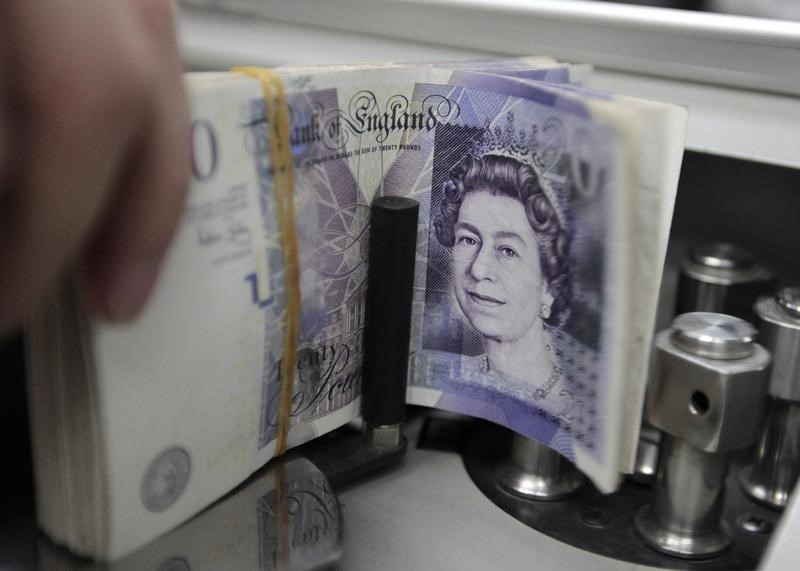The pair reached a low of 0.8697 during the early European trading hours today, influenced by strong UK economic indicators. The market’s attention is now focused on the upcoming German Q3 GDP and IFO Survey results, which are eagerly awaited for further insight into the eurozone’s economic health amid concerns of a technical recession and ongoing high inflation.
Yesterday’s data revealed that the Eurozone’s Manufacturing Purchasing Managers’ Index (PMI) climbed to a six-month high of 43.8, while the Services PMI reached a two-month peak at 48.2. Despite these improvements, worries about an economic downturn in the region persist.
In contrast, the United Kingdom reported an unexpected rise in its composite PMI to 50.1, indicating stability and reflecting gains in both Manufacturing and Services sectors. This positive development has strengthened the British pound, as it suggests a more resilient UK economy.
Furthermore, comments from Bank of England Governor Andrew Bailey hinted at the possibility of future interest rate hikes in response to persistent inflationary pressures. These remarks have also contributed to the pound’s strength against the euro, as investors anticipate tighter monetary policy to combat inflation in the UK.
This article was generated with the support of AI and reviewed by an editor. For more information see our T&C.
Read the full article here















